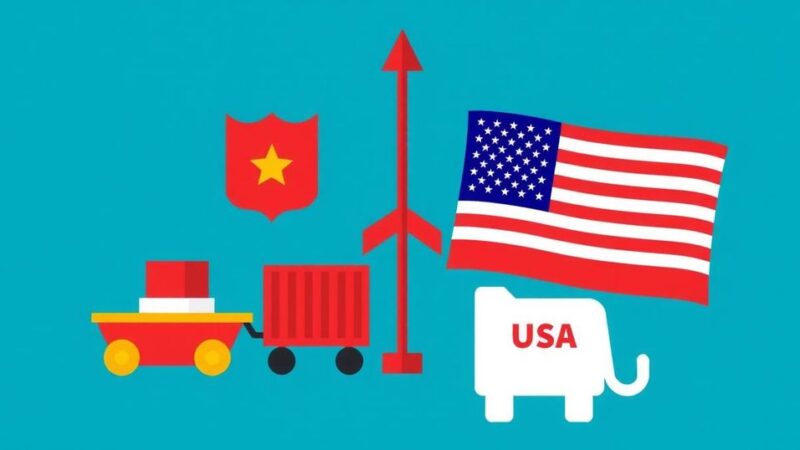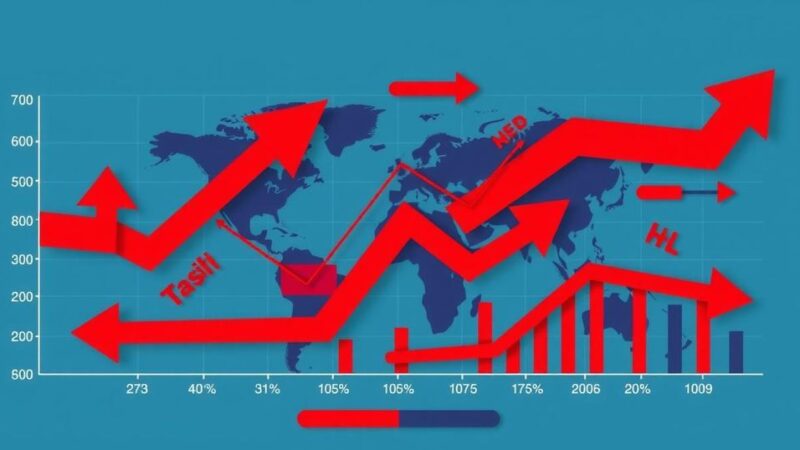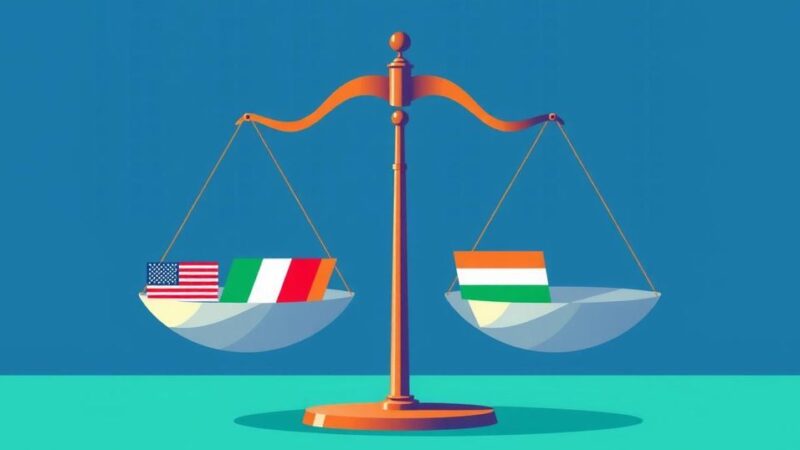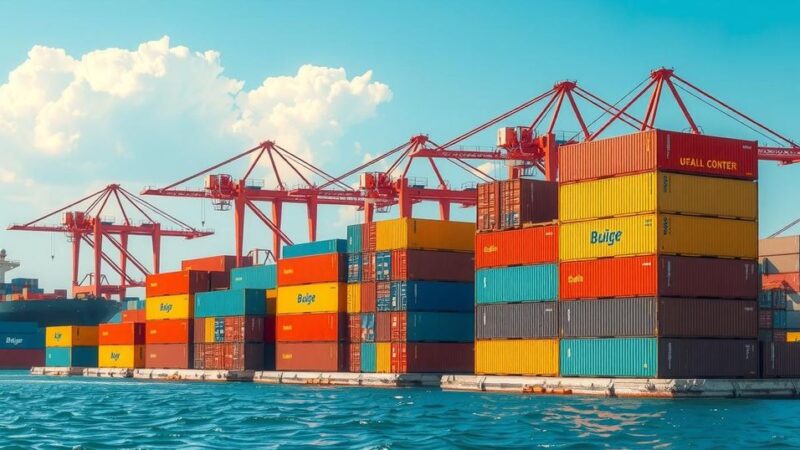Nigeria’s inflation rate reached 34.8% in December, approaching a 29-year high. This rise is attributed mainly to increasing transportation costs. A major overhaul of the inflation data is set to occur soon, which may lead to lower reported inflation figures.
Nigeria’s annual inflation rate surged to a near 29-year peak of 34.8% in December, up from 34.6% in November. This rise precedes a significant overhaul of the inflation data scheduled for later this month, which could potentially lower reported figures. The National Bureau of Statistics released these findings, which align closely with economists’ median forecasts of 34.9%. The primary factor contributing to this inflation was ascending transportation costs.
The inflation environment in Nigeria has reached alarming levels, with significant impacts on the cost of living and economic stability. The necessary revision of the consumer price index, the first in 16 years, aims to provide a more accurate reflection of current economic conditions by rebasing and adjusting the composition of the index. This change may result in a reported decline in inflation figures by altering how various categories, such as food and housing, are weighted in the calculations.
Overall, Nigeria’s inflation crisis has prompted drastic monetary policy changes, including significant interest rate hikes by the central bank. The upcoming data revamp signifies a proactive approach to addressing the challenges posed by hyperinflation. Following the data revisions, it is anticipated that inflation rates may moderate, providing much-needed relief to Nigerian households.
Original Source: financialpost.com






